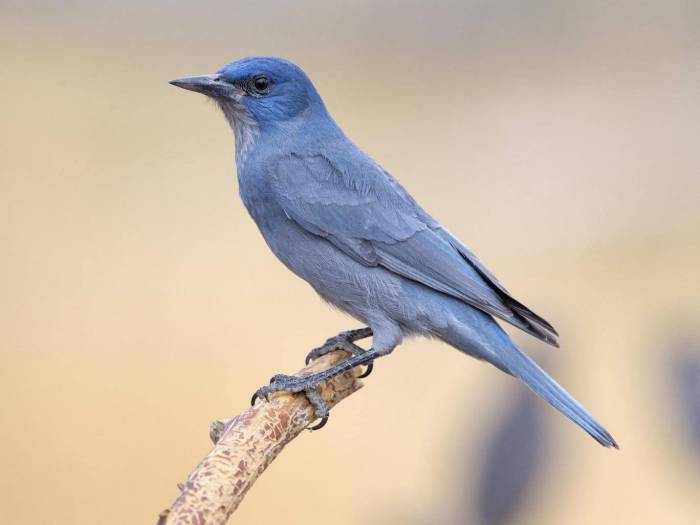Oxytocin is a chemical messenger found in the human brain that has gained popular recognition due to its role in regulating behaviours as diverse as empathy, orgasms and bonding between mothers and babies.
But despite its involvement in complex behaviours that seem very human, oxytocin is also found in other animals.
“Oxytocin is what we call this hormone in mammals, however, the hormone itself is evolutionary ancient and found in animals that are only very distantly related to mammals,” Dr Juan Duque, a neuroscientist at the University of Nebraska-Lincoln told The Independent..
“We call this hormone ‘mesotocin’ in birds, but this is essentially avian oxytocin.”
Less clear to scientists is to what extent the effects observed in humans and other mammals can be applied to birds.
So Dr Duque and his colleagues investigated the pinyon jay – a highly social bird related to crows.
Pinyon jays are known to voluntarily share food with each other. In animals, actions like this that benefit others are often termed “prosocial”.
The scientists wanted to establish if mesotocin, like its human equivalent, had a role in guiding social behaviour.
They designed experiments in which jays were given the option to feed themselves and also their fellow birds in neighbouring cages with tasty mealworms. These experiments confirmed that the jays were often willing to provide their fellows with food.
Next, the researchers administered solutions containing very high concentrations of the bird “love hormone” into the noses of their jay subjects and then watched how it affected their interactions with each other.
They found that the mesotocin boost was enough to make the birds more generous, as evidenced by their increased willingness to share food.
The results of these experiments were documented in the journal Biology Letters.
Having established that, like oxytocin in mammals, mesotocin appears to play a key role in bird prosocial behaviour, the scientists say the question that remains is why jays have this capacity for kindness.
“One possibility is that food sharing and other prosocial behaviours are tied to social bonds – formation of new bonds as well as maintenance of pre-existing ones,” said Dr Duque.
“Thus, pinyon jays might use various prosocial behaviours as an affiliate behaviour; a way to increase their social connections.”
The Independent
More about: science
















































